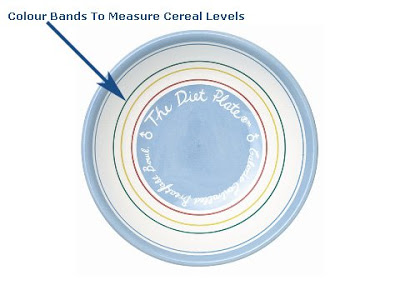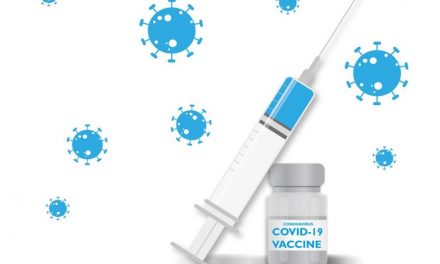As blogged previously, we know that people with cardiometabolic disease (diabetes, obesity, hypertension, heart disease, heart failure, and/or kidney disease) are at higher risk of more severe COVID-19 infection. In the race to find ways to treat COVID-19 infections, there is interest in exploring some diabetes medications to see if they can help.
The DARE-19 trial is now underway to assess whether the SGLT2 inhibitor dapagliflozin could improve outcomes in people hospitalized with COVID-19 infection. Because SGLT2 inhibitors are known to prevent and treat heart failure, and protect kidneys as well, the thinking is that dapagliflozin might help to protect these vital organs during a COVID-19 infection. In addition, there is data to show that SGLT2 inhibitors can reduce inflammation, as well as have favorable effects on tissue hypoxia and oxidative stress. This study is currently recruiting hospitalized people from around the world with mild to moderate coronavirus infection, who have at least one of the following: hypertension, type 2 diabetes, atherosclerotic cardiovascular disease, heart failure, and/or chronic kidney disease stage 3 to 4 (eGFR ≥25). The primary efficacy endpoint of the study is time to first event of all-cause death or morbid disease complications (respiratory, cardiovascular and kidney) through 30 days of follow-up.
Although dapagliflozin is currently under study in this clinical trial, it is important to stress that SGLT2 inhibitors should still be stopped in patients with diabetes and COVID-19 infection if they are not able to stay well hydrated, due to risk of diabetic ketoacidosis (as well as further dehydration).
The question has also been raised as to whether diabetes medications called DPP4 inhibitors could be beneficial during a COVID-19 infection. As discussed in an excellent article published in Endocrine Reviews by Dr Dan Drucker (endocrinologist and professor at the University of Toronto), the DPP4 enzyme exerts pro-inflammatory effects, so one wonders if being on a DPP4 inhibitor may be beneficial by exerting an anti-inflammatory effect. However, the available evidence does not support clinically meaningful alterations in markers of immune function in people who are taking DPP4 inhibitors (in studies both with or without type 2 diabetes). Also, while DPP4 is a receptor for the MERS virus, it is NOT a receptor for COVID-19.
Disclaimer: I receive honoraria as a continuing medical education speaker and consultant from the makers of SGLT2 inhibitors dapagliflozin (Astra Zeneca), empagliflozin (Boehringer Ingelheim/Eli Lilly), and canagliflozin (Janssen). I receive honoraria as a continuing medical education speaker and consultant from the makers of DPP4 inhibitors sitagliptin (Merck), linagliptin (Boehringer Ingelheim/Eli Lilly), saxagliptin (Astra Zeneca). I have been involved as an investigator in clinical trials of SGLT2 inhibitors.
Subscribe to my blog (box top right) for more on COVID-19 in the coming weeks.
Share this blog post using your favorite social media link below!
Follow me on twitter! @drsuepedersen
www.drsue.ca © 2020












